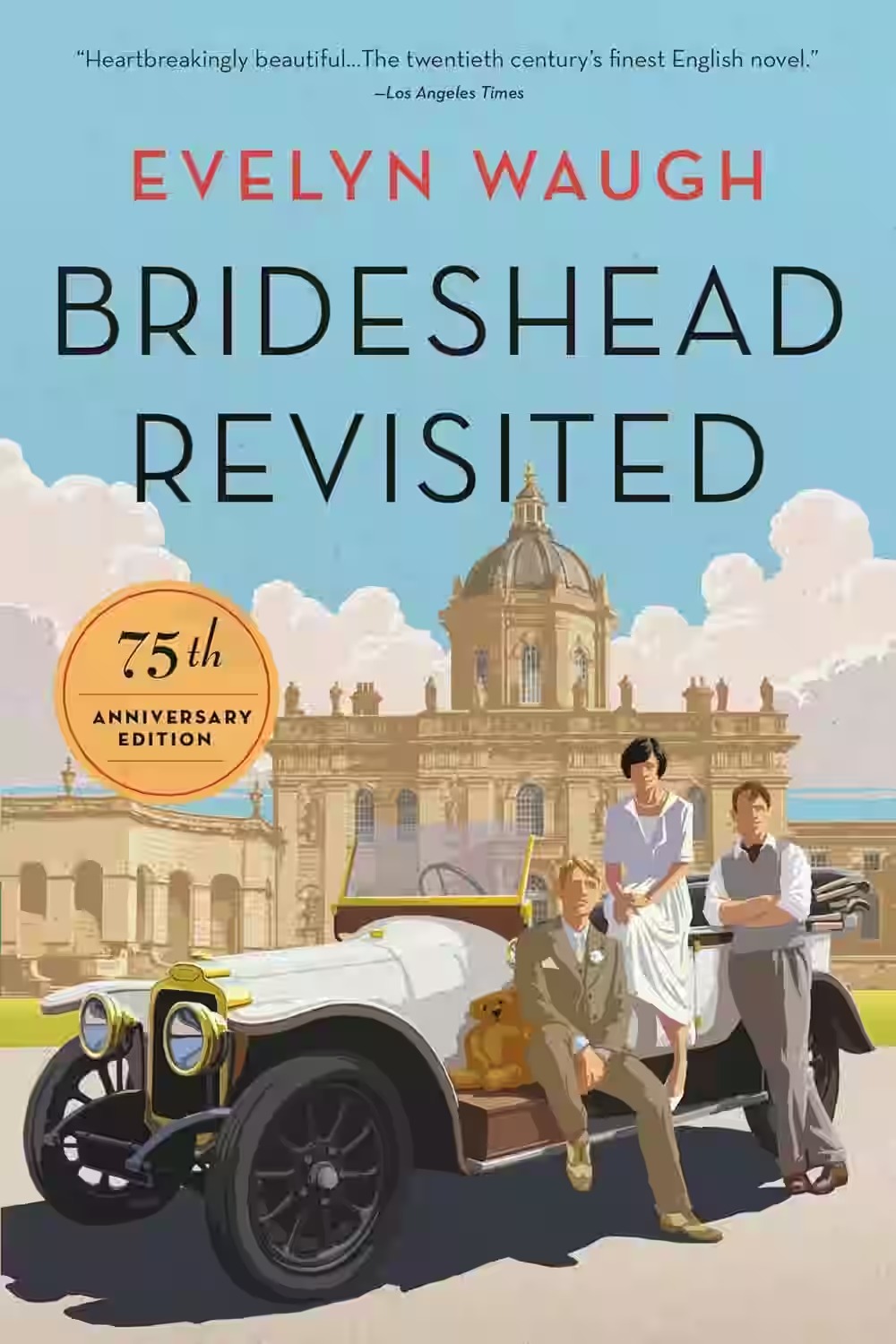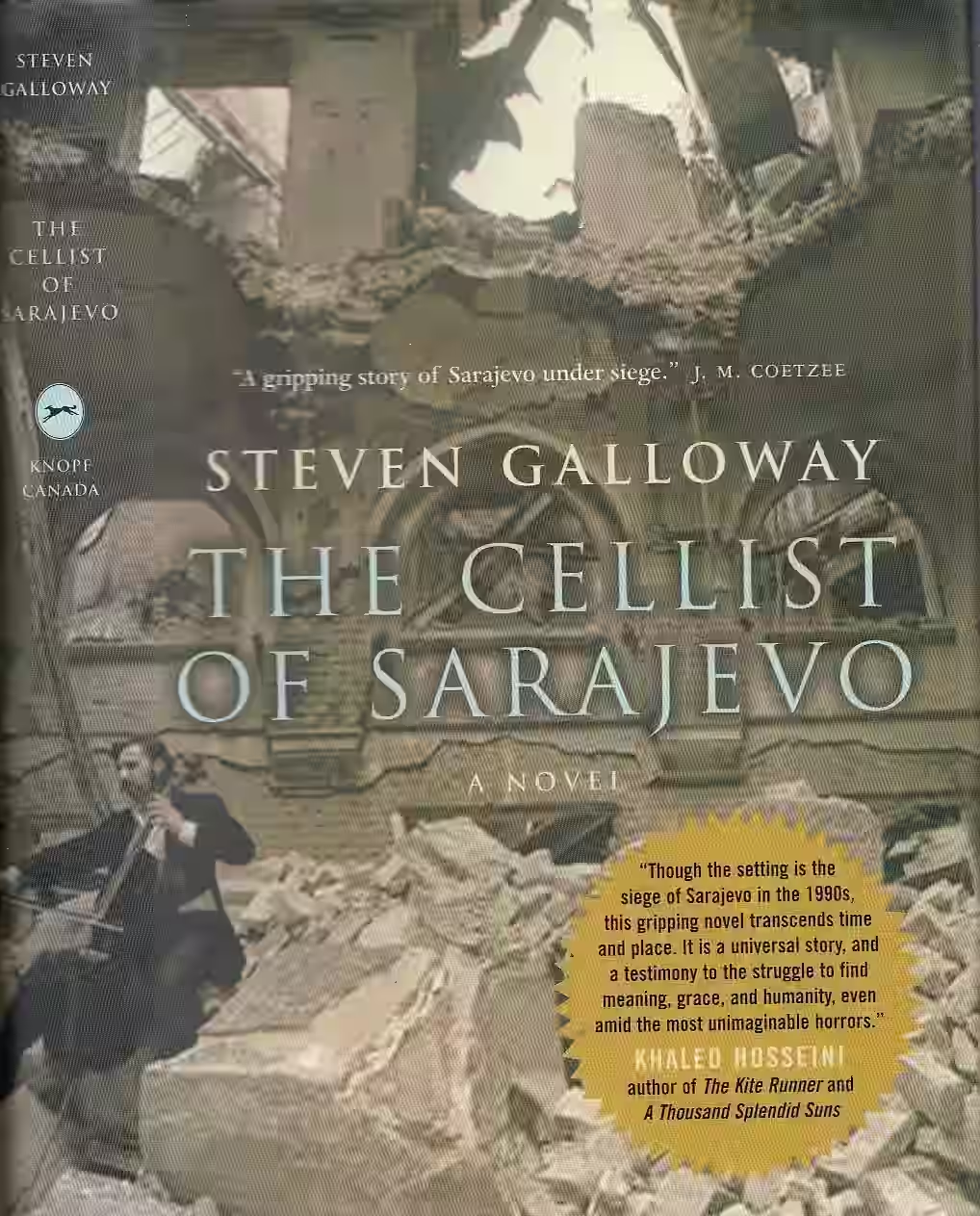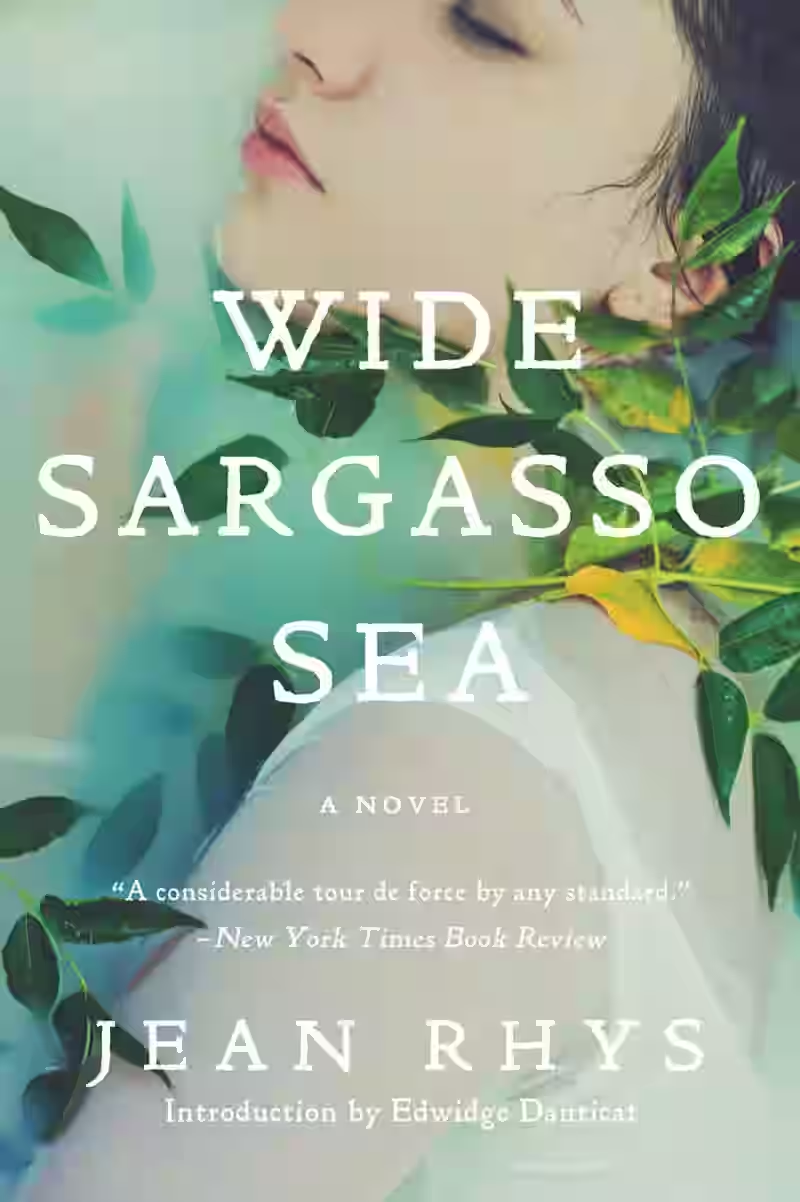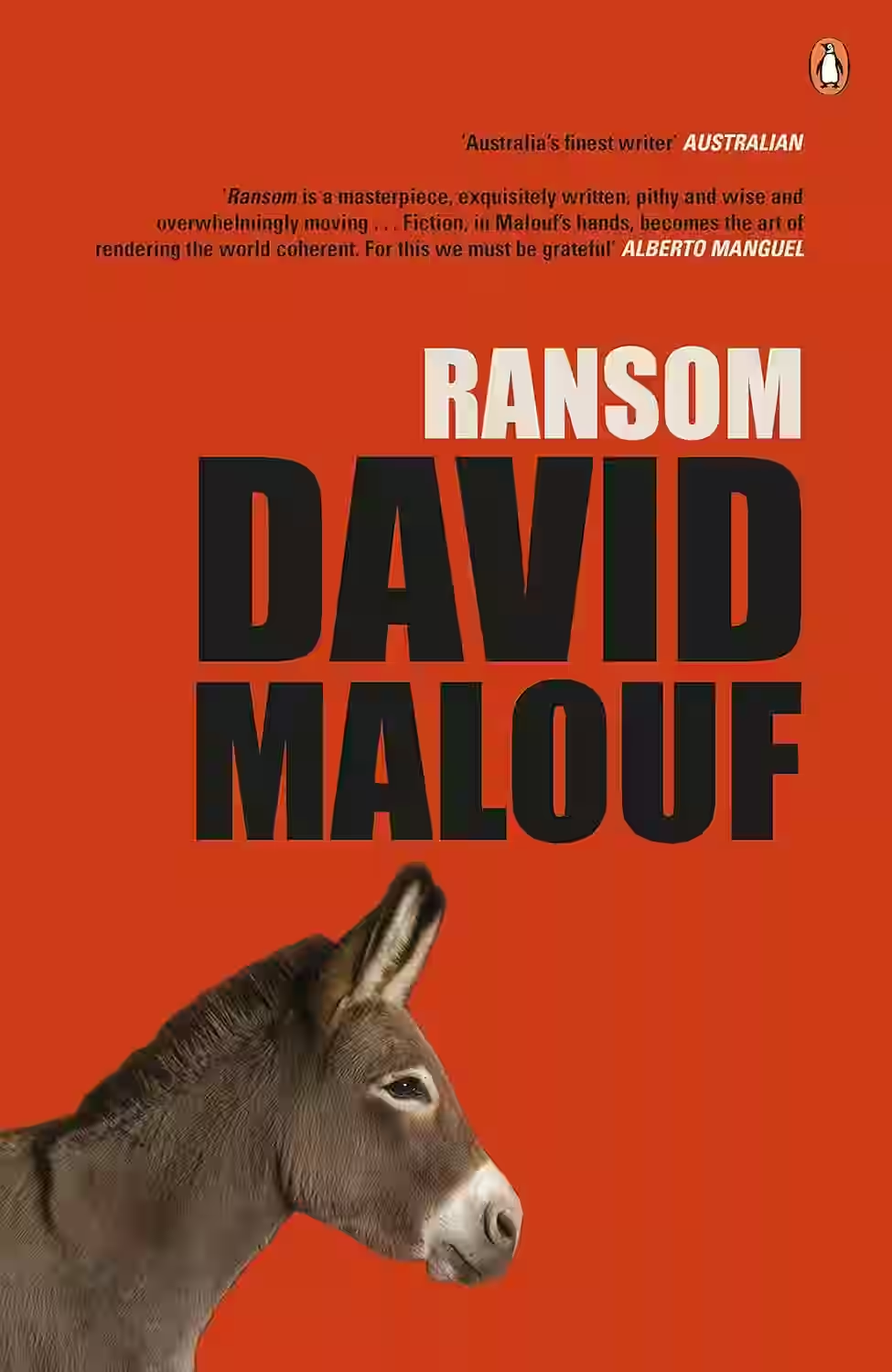
Evelyn Waugh's 'Brideshead Revisited' masterfully captures the essence of nostalgia and the complexities of class and religion in early 20th-century England. The novel follows Charles Ryder, an artist and army officer, as he reflects on his youth and intricate relationship with the aristocratic Flyte family. At its core, it is a poignant exploration of faith, love, and memory, set against the backdrop of the opulent Brideshead Castle. Through Waugh's lyrical prose, the narrative scrutinizes the decline of the British aristocracy and the relentless march of modernity. With its richly drawn characters and a profound sense of loss, it remains a classic meditation on the passage of time and the enduring pull of the past.
About Evelyn Waugh
Evelyn Waugh, born Arthur Evelyn St. John Waugh on October 28, 1903, in London, England, remains one of the greatest British satirical novelists of the 20th century. Educated at Hertford College, Oxford, Waugh initially envisioned a career in art before turning his attention to writing. His early works, such as 'Decline and Fall' (1928) and 'Vile Bodies' (1930), showcase his sharp wit and keen observations of English society. Waugh's most celebrated novel, 'Brideshead Revisited' (1945), explores themes of faith and nostalgia, earning him a lasting place in the literary canon. His ability to blend humor with poignant commentary continues to influence modern writers and captivate readers worldwide. Waugh's profound impact on literature is evident through his adept storytelling and his pioneering art of social satire, leaving an indelible mark on the narrative of 20th-century fiction.
Similar Books

The Cellist of Sarajevo
Set during the siege of Sarajevo in the early 1990s, 'The Cellist of Sarajevo' by Steven Galloway is a poignant exploration of life under siege. The novel interweaves the lives of three characters—Dragan, Kenan, and Arrow—each struggling to preserve their humanity amidst the chaos of war. Their stories orbit around the figure of a cellist, who plays Albinoni's Adagio in the streets to commemorate the lives lost to a mortar attack. Galloway deftly captures the resilience of the human spirit, the impact of art in times of despair, and the simple acts of courage that shine through the shadows of conflict. The book's haunting prose and meditative tone create an indelible reflection on the moral choices faced in brutal circumstances.

Wide Sargasso Sea
by Jean Rhys
Jean Rhys's 'Wide Sargasso Sea' is a gripping and thought-provoking novel that serves as a prequel to Charlotte Bronte's 'Jane Eyre.' Set in Jamaica, it delves into themes of colonialism, racial identity, and madness through the character of Antoinette Cosway, who is later known as Bertha Mason in 'Jane Eyre.' The story explores Antoinette's struggles with her Creole heritage, oppressive societal norms, and her descent into madness. Rhys masterfully weaves a tale of love, betrayal, and loss, offering a fresh perspective on a classic literary character. 'Wide Sargasso Sea' is a haunting and powerful narrative that challenges traditional narratives and leaves a lasting impact on its readers.

The Razor's Edge
In W. Somerset Maugham's classic novel "The Razor's Edge," readers are taken on a journey following the life of Larry Darrell, a World War I veteran in search of meaning and truth. The story delves into themes of spiritual enlightenment, personal growth, and the pursuit of one's essence. Through vibrant characters and rich narration, Maugham skillfully weaves a narrative that explores the societal constraints of the time and the individual quest for authenticity. Set against the backdrop of post-war uncertainty, the novel paints a poignant picture of self-discovery and the different paths one may take in the pursuit of happiness and fulfillment.

Ransom
by David Malouf
David Malouf's 'Ransom' offers a poignant reimagining of a brief, but pivotal episode in Homer's 'Iliad'. The novel focuses on King Priam of Troy's journey to retrieve the body of his slain son Hector from the Greek warrior Achilles. Malouf explores themes of grief, redemption, and the transformative power of human compassion. The narrative shifts between Priam's introspective reflections and Achilles' struggles with his own wrath and sorrow, delving into the interplay of fate and vulnerability in the face of monumental loss. Malouf's lyrical prose and deep empathy for his characters render this tale not just a retelling, but a profound meditation on the potential for change and understanding even amidst the chaos of war.